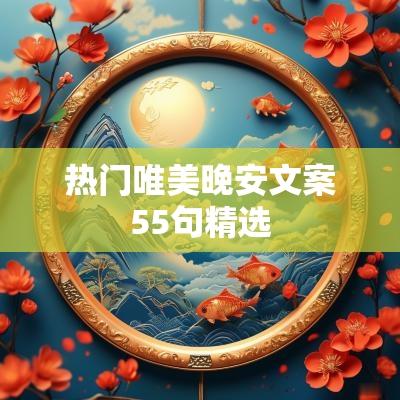Introduction
In many cultures around the world, there are certain days that are considered to be lucky or auspicious. These days are believed to bring good fortune, prosperity, and success to those who observe them. In this article, we will explore the concept of auspicious days and try to answer the question, "What is the most important auspicious day?"

What are Auspicious Days?
Auspicious days are days that are believed to be lucky or favorable for certain activities. These days are often determined by astrology, numerology, or other forms of divination. In many cultures, auspicious days are associated with religious or cultural events, such as weddings, festivals, or important ceremonies. Observing auspicious days is believed to bring good luck, prosperity, and success to individuals and communities.

The Importance of Auspicious Days
The belief in auspicious days is deeply ingrained in many cultures around the world. People often plan their important activities, such as weddings, business deals, or travel, based on auspicious days. In some cultures, certain days are considered to be so auspicious that people avoid doing anything that might bring bad luck, such as cutting their hair or nails. The importance of auspicious days reflects a deep-seated belief in the power of fate and the influence of the stars and planets on human life.
What is the Most Important Auspicious Day?
The question of what is the most important auspicious day is a difficult one to answer, as it depends on the culture and the individual's beliefs. In Hinduism, for example, there are many auspicious days throughout the year, such as Diwali, Holi, and Navratri. In Chinese culture, the Lunar New Year and the Mid-Autumn Festival are considered to be very auspicious. In Western astrology, the day of the summer solstice is believed to be a powerful day for manifesting one's desires.
However, if we were to choose one day that is universally considered to be auspicious, it would be the day of the Spring Equinox. The Spring Equinox, which occurs around March 20th each year, marks the beginning of spring and the renewal of life. It is a time of balance and harmony, when the day and night are of equal length. Many cultures around the world celebrate the Spring Equinox as a time of new beginnings, fertility, and growth. Observing the Spring Equinox is believed to bring good luck, prosperity, and success in all areas of life.
Conclusion
Auspicious days are an important part of many cultures around the world. They reflect a deep-seated belief in the power of fate and the influence of the stars and planets on human life. While the most important auspicious day may vary depending on the culture and the individual's beliefs, the day of the Spring Equinox is universally considered to be a powerful day for manifesting one's desires. Observing auspicious days is a way to connect with the rhythms of the universe and to invite good fortune into our lives.
















